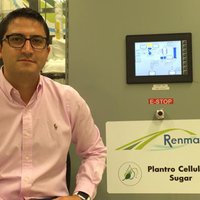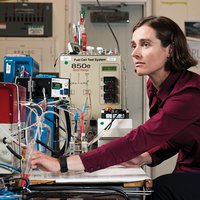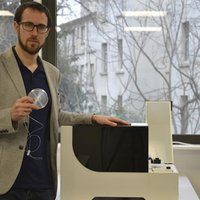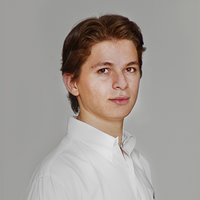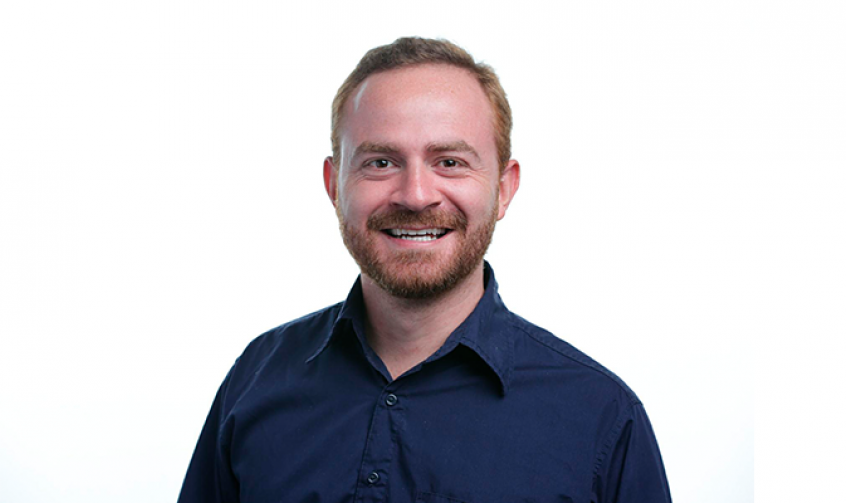"Joaquín Víquez grew up in a family dedicated to agriculture and he learned from them that ""being a farming producer is becoming more and more difficult."" This is especially true at a small scale, where the competition and local regulations can smother farmers. Thus, every little advantage can be decisive for their business, and this is exactly what Víquez wants to provide through his personalized biodigester design, which converts cattle excrement into a biogas which can be reused by the farmer. Thanks to this proposal, this young Costa Rican has been recognized as one of MIT Technology Review, Spanish Edition´s Innovators Under 35 Central America 2016.
Víquez´s adventure began when he completed his agricultural engineering degree and began to work with dairy farms. He discovered that the plant managers did not have easy access to technologies for managing and leveraging manure. The impact of this lack of resources is that this waste product continues to be managed in practically the same way as it has been for centuries, which is both inefficient and environmentally unfriendly.
Motivated by his family and the need he had discovered, Víquez began to work on the design of a biodigester aimed at processing organic waste. ""Traditionally, farms would build small deposits, but these were fragile and needed constant repairs,"" the young Costa Rican points out. ""New materials provide cost savings and make the structures more durable at the same time,"" he adds.
In 2009, Víquez founded Viogaz and since then the company has installed more than 200 biodigesters in small and medium sized farms, adapting the installation to each customer´s needs. ""For farmers to have a biodigester means an increase in self-sufficiency,"" he states enthusiastically. ""For example, a dairy farm can use biogas to heat enough water to sterilize the milking equipment, which means they can automate the process where previously this would involve an unacceptable electricity bill,"" the young innovator highlights.
According to his calculations, his biodigesters installed in Costa Rica, the United States, Argentina, Chile and Nigeria have already generated over eight million cubic meters of methane. This translates into the equivalent of an emissions reduction of 9,000 tons of CO2.On the one hand, this system eliminates the methane emissions generated by farms and on the other it reduces the emissions from the otherwise necessary burning of wood or fossil fuels in order to achieve this energy.
The adoption of this technology ""will accomplish a more efficient leveraging of agricultural waste, improving the productivity of underdeveloped rural areas which will benefit from the growth that this [technology] makes possible,"" according to the managing partner at LXG Infrastructure and jury member for the Innovators Under 35 Central America 2016 awards, Mark Hoffmann. In his opinion, ""Víquez´s endeavor at Viogaz sets an excellent example for others to follow."""
